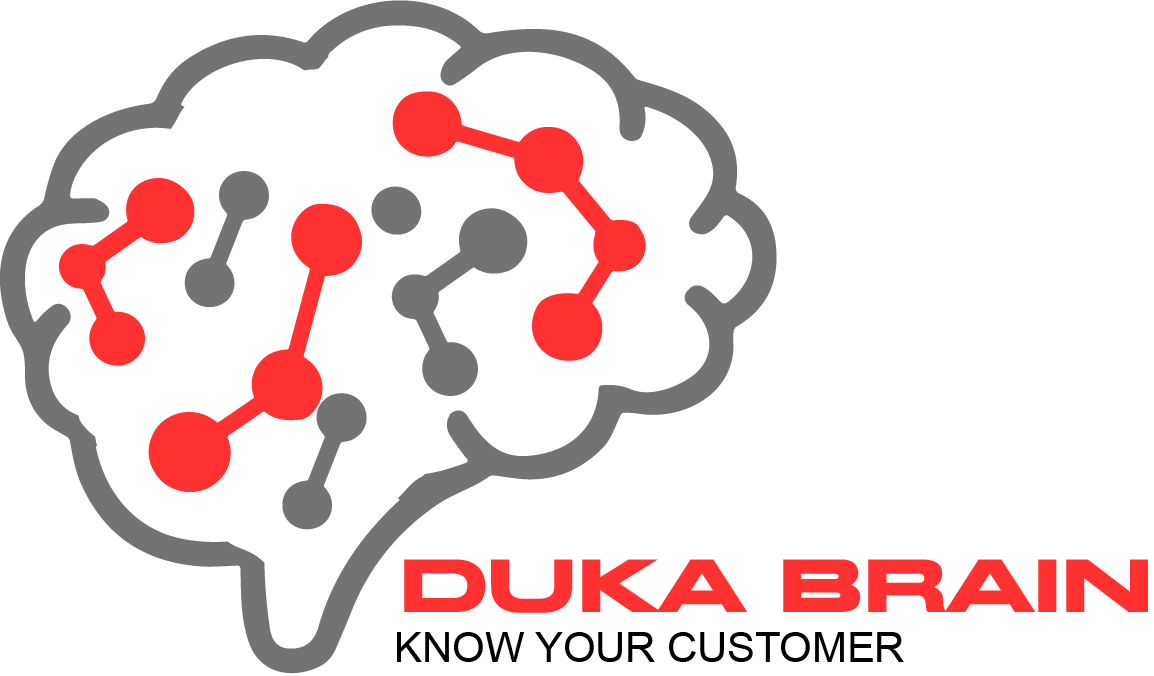Introduction: The AI Revolution in UK Search
Last week, Google unleashed a game-changer: its experimental, AI-powered search experience officially rolled out across the UK. Overnight, the search engine millions rely on to find everything from late-night takeaways to legal advice has changed—dramatically. BBC News broke the story: Google’s Search Generative Experience (SGE) is now front and centre for UK users, blending large language models and real-time web results to serve up conversational answers at lightning speed.
Advertisers, marketers, and webmasters immediately sat up. Why? Because Google’s new AI search isn’t just layering smarter results on top of the old algorithm—it’s changing how results are selected, presented, and valued. As Search Engine Land uncovered in leaked documents, Google AI-Mode is even testing new ways to target and display ads, further shifting the ground beneath brands’ digital marketing strategies.
Analysts at Marketing Week call this a “reboot” for brands. The question echoing through meeting rooms and Slack channels: Is this the end of SEO as we know it? Or is it a new beginning for those bold enough to adapt?
Let’s break down what this seismic change means, why it’s urgent for UK brands—and most importantly, what you should do today to stay ahead.
Why It Matters Now: The New Search Landscape
Google’s AI update signals the search landscape’s biggest leap since the dawn of mobile. Yesterday’s SEO depended on keywords and static links. Today, it’s all about context, intention, and real-time learning.
Here’s what’s shifting:
- From Keywords to Intent: AI interprets conversational, nuanced queries—like “best eco-friendly trainers near me under £100”—rather than just matching keywords.
- AI Drives Results, Not Just Ranks: Instead of a familiar “10 blue links,” users see synthesized answers, recommendations, and AI-drafted snippets right at the top.
- Paid Ads Evolve: Google AI-Mode now tests smarter ad targeting and dynamic formats, reshaping both costs and conversion rates for brands (Search Engine Land).
- Content Visibility is Redefined: High-quality, authoritative content—not just keyword-stuffed copy—stands out in AI summaries and answers.
- UK Adoption is Fast: Britain is an early testbed. Brands slow to react risk falling behind in search visibility and share-of-voice.
Why should UK brands care—urgently?
- Organic visibility can plummet if your content isn’t AI-ready.
- Paid search ROI may shift dramatically as AI-Mode experiments with new ad placements.
- Consumers expect faster, more personalized answers—which AI search can deliver, if you’re prepared.
- Early adopters get outsized competitive advantage as rivals scramble to catch up.
Debunking the Myth: SEO Isn’t Dead—It’s Evolving
Much of the current buzz claims, “SEO is over.” Reality? SEO isn’t obsolete—it’s evolving, fast.
What’s staying the same:
- Search engines still index and rank content based on authority, relevance, and structure.
- Users still turn to Google to discover brands, solve needs, and buy.
- Foundational SEO—quality content, technical best practice, user experience—matters more than ever.
What’s evolving:
- How Google understands and surfaces answers (AI-generated, conversational).
- Which content gets featured—AI wants expertise, up-to-date info, and semantic depth.
In fact, AI opens up new possibilities. Brands leveraging AI-aligned SEO strategies are scoring wins:
- Case in Point: A UK legal brand fine-tuned its FAQ content using AI-driven keyword intent and saw a 44% increase in Google SGE panel features—translating to more inbound leads.
- Another retailer repurposed product content around conversational purchase queries and improved placement in AI-powered shopping carousels.
Conclusion: The tools and rules change. The goal—to reach and persuade your audience—remains.
10 Actionable Strategies Brands Can Implement Today
Facing Google’s AI search and feeling overwhelmed? Here’s how to pivot, outpace the competition, and future-proof your brand’s discoverability—right now.
1. Leverage AI-Powered Keyword Intent Research
- Use AI tools (like DukaBrain’s marketing intelligence platform) to analyze intent behind queries, not just raw search phrases.
- Map out question-based, transactional, and comparison queries reflecting what customers now search for.
2. Optimize for Conversational and Natural Language Queries
- Rewrite website copy and FAQs in a way that echoes natural speech and real customer questions.
- Emphasize “how,” “why,” and “best for” phrasing to align with AI’s contextual understanding.
3. Enhance Content Quality and Relevance
- Double down on depth, expertise, and trustworthiness—AI favors authoritative, factual, and comprehensive content.
- Update outdated posts; answer follow-up queries your audience may have.
4. Utilize AI for Competitive Analysis and Gap Identification
- Harness AI analytics to benchmark your search footprint versus key competitors.
- Pinpoint content gaps—topics or formats rivals haven’t covered but audiences want.
5. Integrate Structured Data and Schema Markup
- Add schema (FAQ, Product, Breadcrumb, etc.) so AI can understand and present your content in rich snippets and new answer panels.
- Test and refine markup using Google’s Rich Results Test.
6. Adapt Paid Search Campaigns with AI-Mode Features
- Experiment with Google’s AI-enhanced Smart Bidding, Dynamic Search Ads, and Performance Max tools (Search Engine Land).
- Focus on audience signals, creative diversity, and custom landing pages.
7. Focus on User Experience (Page Speed, Mobile Optimization)
- AI search algorithms reward fast-loading, mobile-friendly, easy-to-navigate sites.
- Compress images, streamline code, and test your site regularly on different devices.
8. Expand Video and Multimedia Content
- Create short explainer videos, product demos, and visual FAQs.
- Host on YouTube (Google-owned) and embed—AI increasingly pulls rich media into search summaries.
9. Regularly Monitor and Analyze AI-Driven Search Metrics
- Set up dashboards to track changes in impressions, AI-panel appearances, and new user journeys.
- Adapt content and bid strategies based on real-world AI search data.
10. Experiment with AI-Generated Content—Maintain Quality Control
- Use AI writing tools for drafts, idea generation, or scaling up content—but always edit for brand voice and accuracy.
- Never “set and forget”—human oversight remains critical.
Pro Tip: Many of these strategies are streamlined with the DukaBrain platform, integrating AI insights into every step.
How DukaBrain Supports Brands Navigating AI-Powered Search
The AI search era doesn’t just need more data—it demands better insights and smarter execution. That’s where DukaBrain comes in.
Key ways DukaBrain helps brands lead in Britain’s AI-powered search landscape:
- AI-Enhanced Keyword and Intent Research
- Uncover emerging intents, phrasing, and unanswered user questions
- Predict trending topics aligned with real-time search shifts
- Competitive SEO and Content Gap Analysis
- Benchmark your online share-of-voice against key rival brands
- Spot underserved themes or keywords where you can win
- Content Optimization Aligned With AI Algorithms
- Actionable recommendations to improve authority, relevance, and likelihood of being featured in AI-generated panels or snippets
- Actionable, Data-Driven Insights
- Custom dashboards track your search appearance in Google SGE, traditional SERPs, and AI-generated answer boxes
Success Story:
A UK fintech brand tapped DukaBrain for AI-driven content gap analysis and optimization. Within three months, it secured a 3x increase in featured answer panel appearances and a 19% rise in high-value lead conversions—results only possible by blending foundational SEO with cutting-edge AI insights.
Supporting Industry Insights & Data
The shift is happening—fast.
- Marketing Week reports that 68% of UK marketers expect AI-powered search to meaningfully disrupt their SEO and paid strategies in the next 12 months.
- Search Engine Land reveals that brands not adapting to Google’s AI-Mode ad features in pilot markets saw up to 27% lower ad visibility compared to early adopters.
- Broadly, over half of UK consumers now expect search engines to give direct, conversational answers, not just lists of links (BBC News).
Brands who leverage AI tools, creative content, and structured data have already seen performance uplifts across critical metrics: brand awareness, time-on-site, inbound leads, and conversions.
Conclusion & Next Steps
Google’s AI-powered search isn’t the end of SEO. It’s the beginning of next-level search visibility—if you adapt.
Brands who act now do more than just weather the storm—they set the pace, capture market share, and future-proof their marketing. The essentials of SEO aren’t dead, but the playbook has evolved. Those who respond with speed, insight, and creativity win.
Ready to master the AI-powered search era?
Connect with DukaBrain today for a tailored consultation on AI-driven SEO strategies.
Book a personalised demo or meeting to discover how our platform ensures your brand leads—not follows—the new wave of search innovation.

